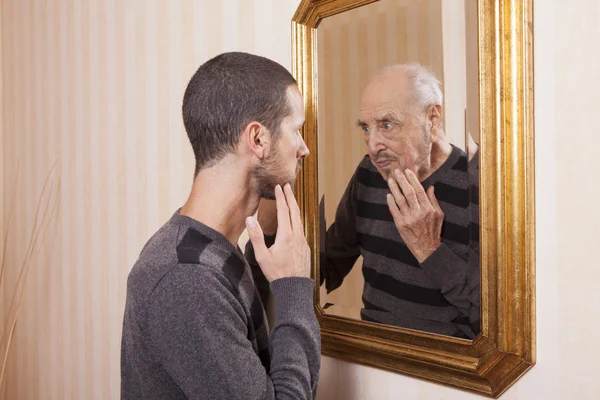As the United States faces a rapidly growing senior population, one of the most pressing concerns is the lack of adequate housing options for older adults. A recent report from Harvard University paints a stark picture: the U.S. is woefully unprepared to meet the housing and care needs of its aging citizens. With an estimated 73 million Americans expected to be over the age of 65 by 2030, the current housing infrastructure simply cannot keep up with the demands of an aging society.
For many seniors, the dream of aging in place — living independently in their own homes as they grow older — is increasingly difficult to realize. The challenge is not just about physical limitations or health issues but also the financial strain that comes with maintaining a home. Rising property taxes, expensive home repairs, and the high cost of utilities can make it difficult for seniors on fixed incomes to afford to stay in their homes. Many find themselves forced to move into smaller, more affordable housing, but options that provide both independence and affordability are limited.
The lack of affordable housing for seniors is compounded by the rising costs of long-term care. Assisted living facilities, nursing homes, and in-home care services are out of reach for many seniors, especially those without substantial savings. According to the U.S. Department of Health and Human Services, the average cost of a private room in a nursing home can exceed $100,000 per year. For seniors who do not have adequate financial resources, these prices are simply unaffordable, leaving them with few choices.
In addition, the availability of affordable and accessible housing that accommodates the specific needs of seniors, such as wheelchair access, grab bars, and proximity to medical facilities, is severely lacking. Many homes, particularly in suburban and rural areas, are not designed with the aging population in mind. Without these modifications, seniors may struggle to maintain their independence and live safely in their own homes, pushing them towards institutionalized care or relying heavily on family and friends for assistance.
The problem is further exacerbated by the lack of government support for affordable housing for seniors. While there are some programs like Section 202, which provides subsidized housing for the elderly, these resources are often limited and insufficient to meet the rising demand. A shortage of affordable housing options means that many seniors are forced into precarious living situations, such as overcrowded homes or inadequate housing that may pose health and safety risks.
Some policymakers and advocacy groups are calling for increased government investment in senior housing and care options. Proposals include expanding affordable housing programs, increasing funding for home modification programs to make existing homes more accessible, and creating more supportive communities that offer both housing and care services. The goal is to provide a range of options that allow seniors to age in place, whether in independent living communities or with the help of home care services that allow them to remain in their homes for as long as possible.
However, political gridlock and limited funding have slowed progress, and the problem remains urgent. As more seniors enter their retirement years, the demand for affordable, accessible housing will only continue to grow. Without increased government action and investment, many older Americans may face housing insecurity or be forced to rely on family and friends for support, placing additional burdens on already stressed caregivers.
The U.S. must act now to address these housing needs and ensure that the growing senior population can live with dignity, independence, and security in their later years. Failing to do so risks creating a generation of seniors without safe, affordable places to call home.









